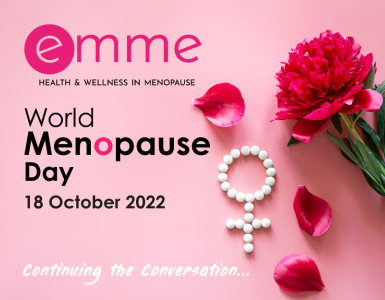By Sue Bedford (MSc Nut Th)
Are you getting enough omega 3 in your diet?
Have you ever wondered why people in Japan often live the longest? or the Inuit’s in Greenland have a much lower incidence of heart disease than those living in many other countries? Well -it can be partly explained by the large amount of omega 3 that they consume.
The typical intake of omega-6 in western countries is high, and the ratio of the omega-6: omega-3 fatty acids in the UK are now thought to be greater than 10:1 and even as high as 25:1 in some adult diets. Many years ago, the omega-6: omega-3 ratio dietary intake of primitive man was closer to 1:1. Omega 6 fatty acids can become pro- inflammatory in the body, however, omega 3’s are only ever anti-inflammatory. The typical Mediterranean diet contains more omega 3 fatty acids and less omega 6 fatty acids – so a good lifestyle plan to follow. It is important not to eliminate omega 6 fatty acids but to decrease them, making sure they are balanced with the correct amount of omega 3 fatty acids.
What are omega 3’s?
Omega-3s are essential fatty acids have been found to have numerous roles in keeping the body healthy. They play an important role in brain, skin, hair and heart health – and much more! Omega 3 fats come in different forms:
ALA (alpha-linolenic acid) cannot be made in the body so must be eaten in our diet. It has important functions and is needed to make other omega-3 fats. ALA is found mainly in vegetable oils, rapeseed and linseed (flaxseed), nuts (walnuts, pecans and hazelnuts) and green leafy vegetables.
EPA (eicosapentaenoic acid) and DHA (docosahexaenoic acid) are long-chain fats that can be made from ALA in our bodies. They have the most direct health benefits. However, our bodies do not make much atall of EPA or DHA so it is important to obtain these from our diet.
Why are they important for the peri menopause and menopause?
Omega 3 fatty acids have been found to provide a whole host of benefits which help alleviate many symptoms of the menopause including:
- Ease anxiety
- Increased energy
- Weight loss
- Improve memory and focus
- Decrease risk of depression
- Decrease inflammation that leads to heart disease
- Slow the signs of ageing
- Lessen joint pain
- Weight loss
- Increase the functioning of the immune system
How do I find out what my omega 3 status is?
I am often asked this, and the best way is to get an omega 6:3 test – book a Nutritional Therapy consultation and ask for one to be done. Some signs of being low on omega 3 in the body is if you suffer from dry skin, dry hair, soft nails, fatigue and cracked heels.
Good sources of Omega 3
Oily fish such as salmon, mackerel, herring, Some oils including flax (also known as flaxseed oil and linseed oil), walnut, soya, pumpkin, krill and algal oil, Green leafy vegetables, Nuts, especially walnuts, pecans and hazelnuts, Seeds, especially flax (linseed), pumpkin, chia and hemp seeds and Soya beans and soya products such as tofu.
Click here for fantastic health boosting recipes
















